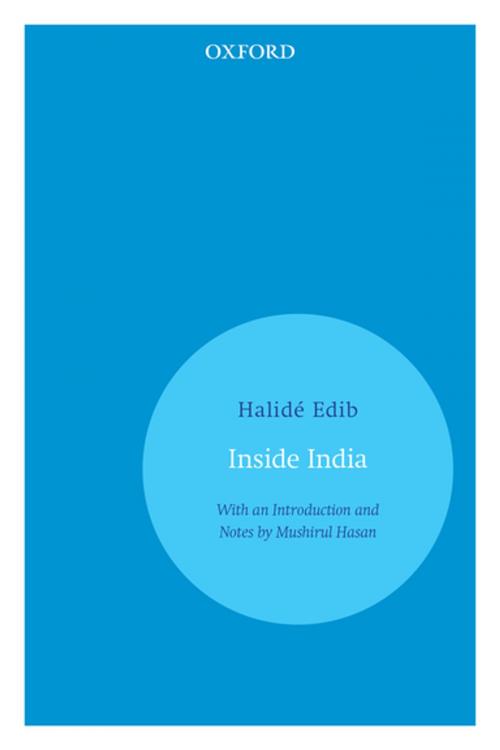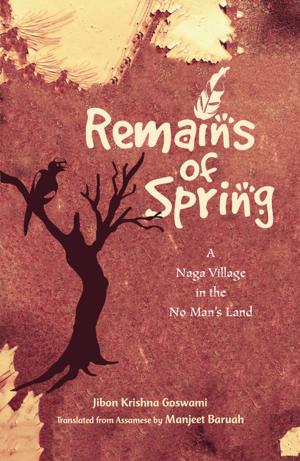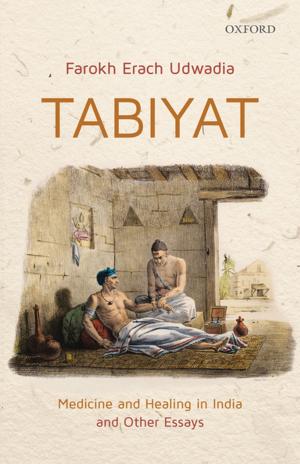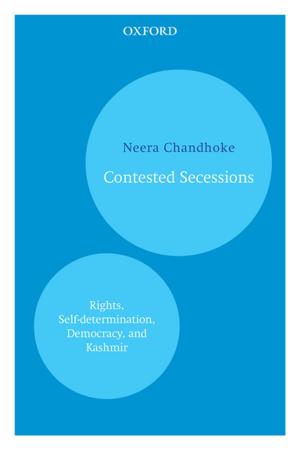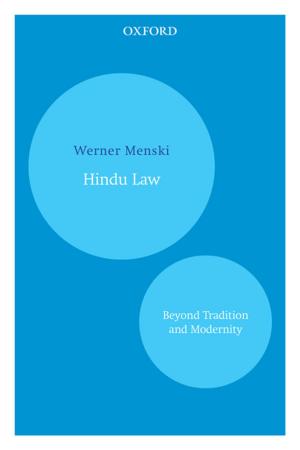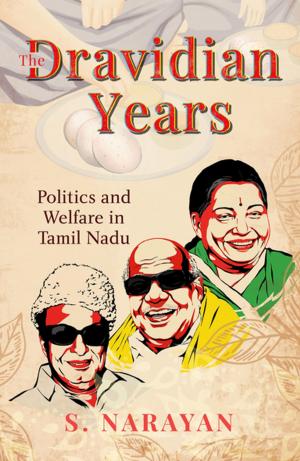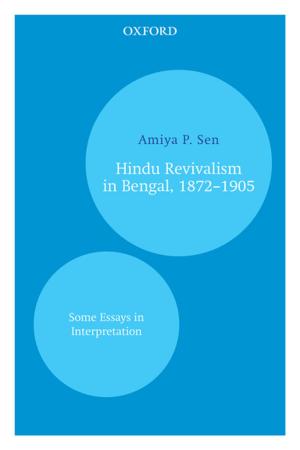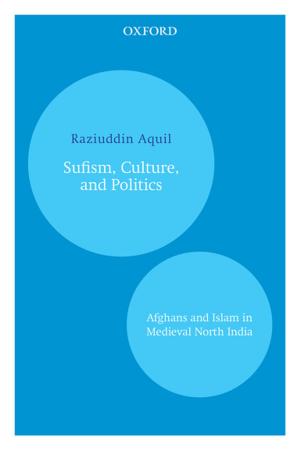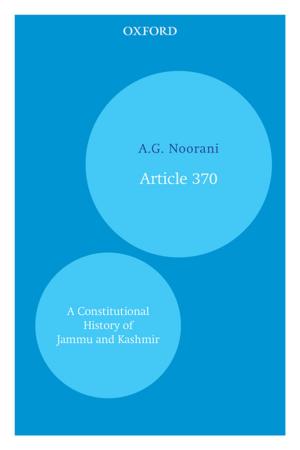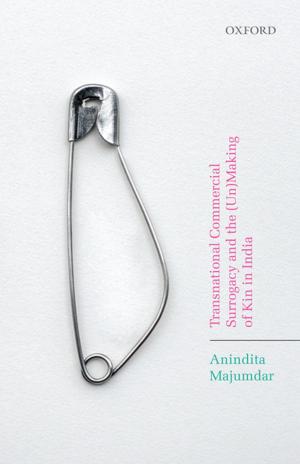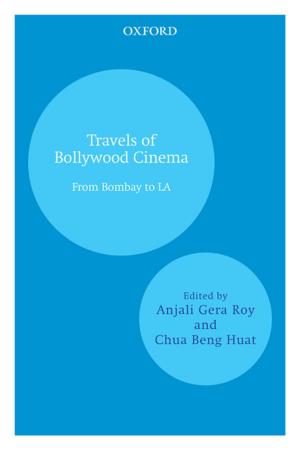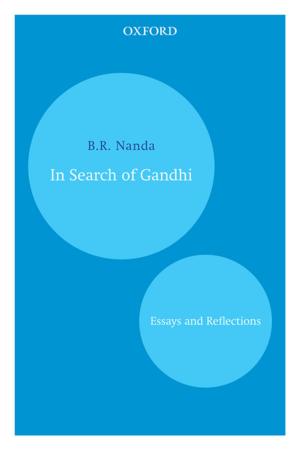Inside India
Fiction & Literature, Literary Theory & Criticism, Asian, South & Southeast Asian, Nonfiction, History, India, Social & Cultural Studies, Political Science| Author: | Halidé Edib, Mushirul Hasan | ISBN: | 9780199088089 |
| Publisher: | OUP India | Publication: | November 26, 2008 |
| Imprint: | OUP India | Language: | English |
| Author: | Halidé Edib, Mushirul Hasan |
| ISBN: | 9780199088089 |
| Publisher: | OUP India |
| Publication: | November 26, 2008 |
| Imprint: | OUP India |
| Language: | English |
First published in 1937, this book presents the author's personal account of India. The author, a Turkish writer and novelist, visited the region in 1935 and gained insights into the history and sociology of the country. Based on her experiences, Halidé Edib documents significant contemporary events which shaped the history of India at the time, including the Hindu–Muslim separatism and the freedom movement led by Mahatma Gandhi. Her work is by far the most eloquent account of Indian society and politics in the 1930s. Here she details her travel to several regions such as Aligarh, Lahore, Calcutta, Peshawar, Lucknow, Bombay, and Hyderabad, as well as her meetings with many people from different walks of life. She takes a look at Indian nationalism, identifies its strengths and weaknesses, describes its encounters with colonialism, and analyses the rising tide of Muslim nationalism. With scholarly finesse, she reveals the Indian personality of Muslims in India and shows a favourable disposition towards the perspective of the Congress Muslims.
First published in 1937, this book presents the author's personal account of India. The author, a Turkish writer and novelist, visited the region in 1935 and gained insights into the history and sociology of the country. Based on her experiences, Halidé Edib documents significant contemporary events which shaped the history of India at the time, including the Hindu–Muslim separatism and the freedom movement led by Mahatma Gandhi. Her work is by far the most eloquent account of Indian society and politics in the 1930s. Here she details her travel to several regions such as Aligarh, Lahore, Calcutta, Peshawar, Lucknow, Bombay, and Hyderabad, as well as her meetings with many people from different walks of life. She takes a look at Indian nationalism, identifies its strengths and weaknesses, describes its encounters with colonialism, and analyses the rising tide of Muslim nationalism. With scholarly finesse, she reveals the Indian personality of Muslims in India and shows a favourable disposition towards the perspective of the Congress Muslims.
